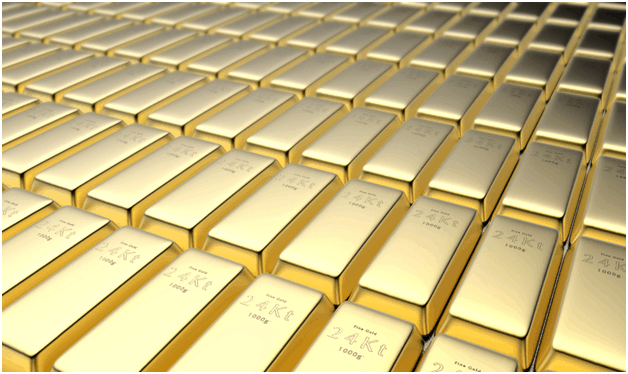For centuries, gold has been treasured due to its natural beauty, radiance and versatility. These qualities make it the single most important metal in jewellery-making. When you buy gold jewellery, you will face a choice between different kinds of gold colours, plating options and gold karats. The karat is the first thing you should look at.
You can identify what karat gold jewellery is by looking for the karat mark, usually indicated with a ‘K’. The karat mark indicate how much gold content the jewellery has. To ensure accuracy and legitimacy, you should also look for the manufacturer’s trademark next to the karat mark.
Guide to Gold Karats
Gold is divided into 24 parts, with each single unit called a karat. The higher the karat, the purer the gold:
- 24 karat – 99.5% pure gold and above
- 22 karat- 91.7% gold
- 18 karat – 75.0% gold
- 14 karat – 58.3% gold
- 12 karat – 50.0% gold
- 10 karat – 41.7% gold
Higher purity gold is more popular with Asian and Indian jewellery, while 14K to 18K gold is more widely used in Western countries. As purity decreases, gold jewellery gets heavier and harder.
24K Gold
24 karat gold means 24 out of 24 parts are gold. Remember that this is the purest form of gold available. Any dealer that claims to have 25K or 26K gold is being deceptive.
Pure gold has a distinct bright yellow colour. As there is no higher form of gold, it is naturally the most expensive. Coins and bars are mostly bought in 24K gold purity as an investment. It is also used in electronic and medical devices. However, it’s unusual to find 24K gold in jewellery. This is because pure gold is a soft metal. While it’s highly resistant to rust, tarnishing and corrosion, pure gold is just too pliable for regular forms of jewellery. Instead, gold jewellery is alloyed with other metals to increase its strength and durability. This is where 22K gold comes in.
22K Gold
22-karat gold jewellery has 22 parts gold with the other 2 parts made up of other metals. This kind of gold is commonly used in jewellery making. The addition of other metals like silver, zinc and nickel makes the gold harder, thereby improving the jewellery’s durability. 22K gold is great for plain gold jewellery and best for naturally enamelled jewellery.
However, it isn’t preferable for heavily studded and diamond jewellery. As diamond is a precious material, it requires a metal that can strongly hold it and ensure it doesn’t fall off. 22K gold is still too soft to hold onto gemstones reliably. 22K gold is more commonly used in Asian and Indian jewellery than elsewhere, but is still popular around the world.
18K Gold
18-karat gold is 75 per cent gold mixed with 25 per cent of other metals. Studded gold jewellery and other diamond jewellery are often made in 18K gold. This kind of gold is not as costly compared to 24K and 22K, however it has a duller colour. 18K gold can be stamped with 18K, 18Kt, 18k or a variation similar to these or by 750, 0.75 or a stamp similar to these, symbolising that the jewellery contains 75 per cent gold.
Quality Custom Made Jewellery – Perth and Brisbane
Looking for beautiful custom-made jewellery? At OM Gold & Diamonds, we have a range of beautiful gold and diamond jewellery. Choose from our collection or get a custom design.
Visit one of our Australian jewellery stores in Perth or Brisbane. For more information, contact our team today and call +61 8 9258 9952.
Related Articles:

